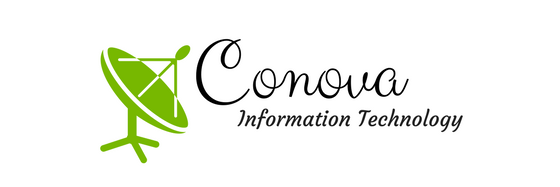
Today, businesses rely on technology to do just about anything. Aspects of business such as efficient communication, improved productivity, and the tracking of goods and customers cannot take place without technology. When making the decision to go digital, businesses don’t have to be intimidated by the many types of technology on the market. Things can be made easier by breaking down technology into the following easy-to-understand functionality chunks:
Computers
In the office, workers use desktop computers to write mail, send and receive emails, design sales presentations, and analyze financial information. But it doesn’t have to always be a desktop computer. They could even be the more portable laptops. Some offices have personal computers, the type that uses Microsoft Windows operating system while other use Macintosh Computers with Apple Computer’s operating system.
Software
To make a computer function in a number of ways, you have to load it with several types of software. In the office, you need a word processor like Microsoft Word and a spreadsheet like Microsoft Excel. With these, the functionality of office workers is greatly improved. Together with these, you need tens of other software.
To connect more than one computer, you need a network. It gives people the ability to share information and documents, make it possible for a central document storage repository and a means for people to communicate through office email. Through the network, several computers can share a storage device or printer. The smallest network is one of the devices in a shared office and the largest the one that connects computers in different offices and across locations.
Telephone Systems
Mundane as it may seem, the office telephone system is a key part of technology. In some offices, a hardware unit is used to split telephone lines among several handsets. These systems are often equipped with an auto teller to help external callers find the exact employee they are looking for. These systems even allow you to leave a voicemail.
Accounting Systems
Computerized accounting systems also play a very important role in business. With these systems, companies are able to keep track of every dime they spend and receive as revenue. Most businesses have adapted Quickbooks by Intuit as their number one accounting software. For larger businesses, Sage Accpac and SAP Business One will be of the greatest help. Both of these give accountants leeway for more integration and customization. Benefits of Knowledge Management in Business Organizations
Inventory Control System
For businesses that are into selling goods, an inventory control system is a must-have. With it, you will be able to keep track of each individual item in your inventory. The aim is to ensure you don’t run out of stock just as you avoid ordering too much. The arrival of new inventory means the system has to be updated to capture the additions. When goods are sold, the totals have to reduce to reflect the changes in inventory.
Clearly, today’s business organizations need information technology solutions to function optimally. As a business owner, you cannot run away from this fact. That’s why you must seriously think of investing in technology.



